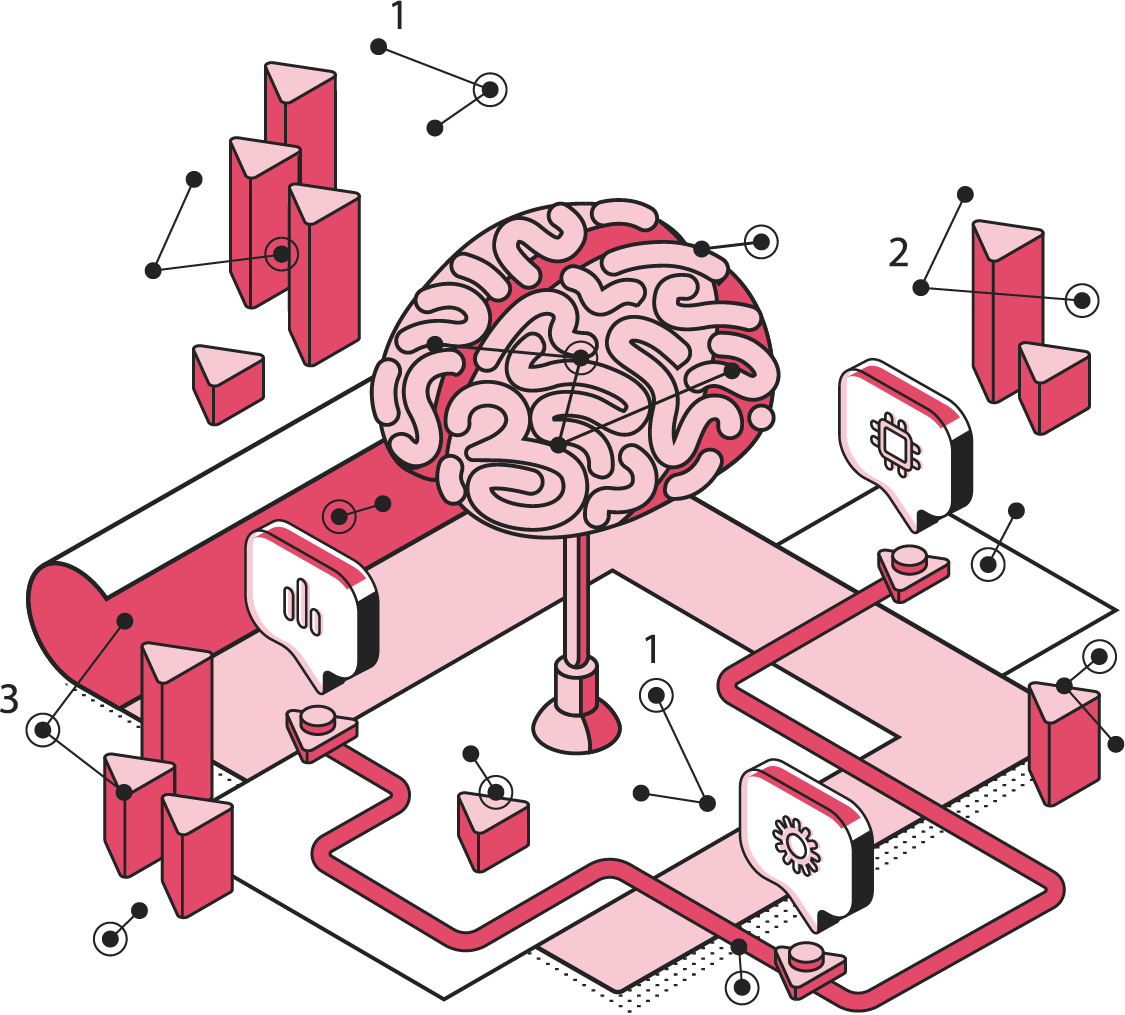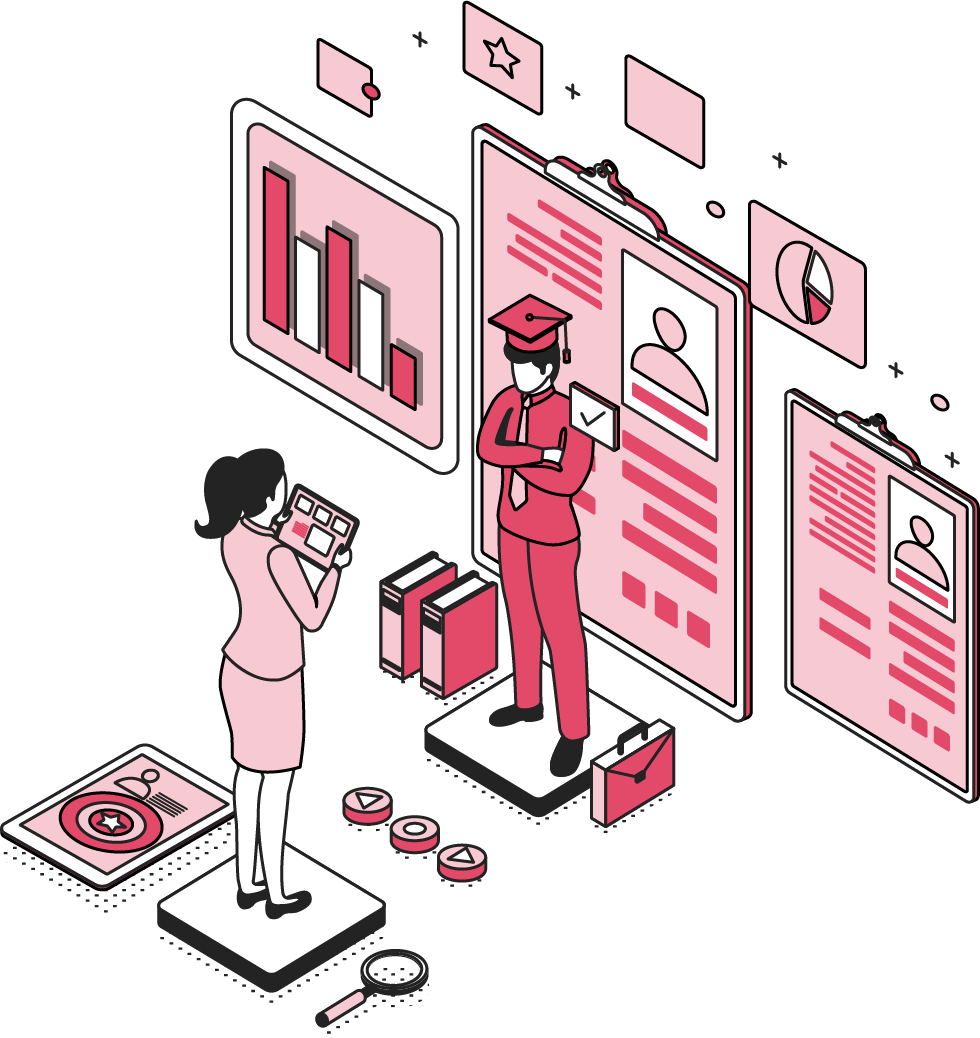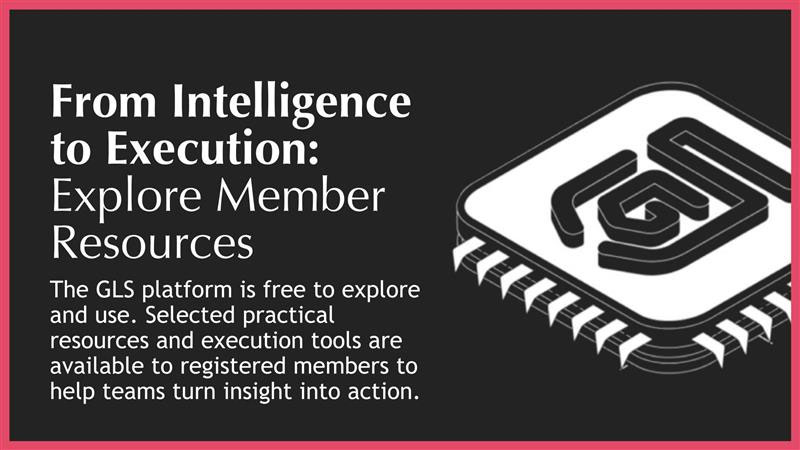The GLS Legal Operations Centre
Intelligence, resources and execution support
Transformation Tube Map
Knowledge Centre
Legal Dept.
Resources
Managed Legal Services
Members
Resources
Legal Ops
Community
Back
QA & Auditing
What Is It
Quality Assurance / Auditing is the station that ensures the legal team’s outputs are consistently accurate, aligned with business expectations, and delivered to a professional standard. It’s the GC’s mechanism for ensuring that the legal department is not just busy – but effective, reliable, and trusted.
This station is about more than just proofreading or a last-minute “sense check.” It’s about embedding a culture of excellence through structured, repeatable quality controls. That means having the right people, the right tools, and the right processes in place – from templates and playbooks to mentoring, checklists, and four-eyes policies. It’s about creating a system where quality is not left to chance or personality, but is engineered into the DNA of the legal function.
Critically, this station also introduces auditing – the often-overlooked practice of reviewing legal work both before it goes out and after it’s been delivered. File reviews, peer assessments, and post-matter debriefs are essential to identifying patterns, correcting course, and continuously improving. Without them, legal teams risk repeating mistakes, missing learning opportunities, and eroding trust.
Think of your legal team like a Formula 1 car. To keep hitting peak performance, you don’t just drive it harder – you check the tyres, the telemetry, the fuel mix. You tweak, test, and tune. Quality Assurance & Auditing is how the GC ensures the legal engine is race-ready – before the race, during the race, and after the chequered flag.
Scope
Quality Assurance / Auditing typically includes:
◼️Pre-Issue Review Protocols: Structured checks before legal work is finalised and released.
◼️In-Flight Monitoring: Real-time oversight of active matters to ensure quality is maintained under pressure.
◼️Post-Matter Auditing: File reviews and debriefs to assess outcomes and identify improvement areas.
◼️Four-Eyes Policies: Mandatory peer review for high-risk or business-critical outputs.
◼️Template & Playbook Compliance: Use of standardised tools to drive consistency and reduce risk.
◼️Mentoring & Peer Feedback: Embedding informal and formal feedback loops into daily workflows.
◼️Checklists & Execution Aids: Practical tools to support consistent execution.
◼️Workload Monitoring: Preventing quality erosion due to overwork or burnout.
Resource Status
The Quality Assurance / Auditing station is considered a Repeater resource within the GLS Legal Operations model.
A Foundational Resource: Is responsible for determining the overall performance capabilities of a “critical” legal function. If it is not optimised, the function can never be optimised.
A Repeater Resource: Supports the performance of multiple "critical" legal functions and as such represents a "ripple effect" productivity intervention point.
A Specialist Resource: Is responsible for driving the performance of a very specific part of an individual legal function. Its productivity contribution is limited to that single legal function.
Best Practice Features
The best practice features of the Quality Assurance / Auditing are as follows:
◼️GC-Owned QA Framework: The General Counsel defines and enforces the quality standards for the legal team.
◼️Mandatory Four-Eyes Reviews: All high-risk or business-critical outputs are subject to peer review.
◼️Live File Auditing: Regular, structured reviews of completed matters to assess quality and identify trends.
◼️Template & Playbook Compliance: Use of standardised tools is monitored and enforced.
◼️Mentoring & Feedback Loops: Senior lawyers actively coach and review junior team members’ work.
◼️Checklists & Execution Aids: Practical tools are embedded into workflows to support consistency.
◼️Workload Balancing Protocols: Systems are in place to monitor and manage lawyer capacity.
◼️QA Reporting: Quality metrics are tracked and reported to leadership to inform training and resourcing.
Business Value
The Quality Assurance / Auditing station delivers the following value to the Business:
◼️Risk Mitigation: Reduces the likelihood of legal errors, omissions, or inconsistent advice.
◼️Faster Deal Execution: High-quality, first-time-right outputs reduce rework and delays.
◼️Cost Efficiency: Prevents costly mistakes and reduces reliance on external rework.
◼️Business Confidence: Builds trust in the legal team’s outputs and decision-making support.
◼️Reputation Protection: Ensures the legal team is seen as a high-performing, professional function.
Legal Department Value
For the legal team, this station is about building a culture of excellence and continuous improvement.
◼️Professional Pride: Lawyers take ownership of quality and are proud of their outputs.
◼️Skill Development: Regular feedback and mentoring accelerate capability growth.
◼️Reduced Stress: Clear standards and support tools reduce ambiguity and rework.
◼️Team Cohesion: Peer review and mentoring foster collaboration and shared accountability.
◼️Performance Visibility: Auditing provides data to support recognition, development, and resourcing decisions.
◼️Operational Resilience: Quality systems reduce dependency on individual heroics and institutional memory.
Who Needs It
The Quality Assurance / Auditing station is essential for:
◼️General Counsel and Heads of Legal
◼️Legal Operations Leaders
◼️Transformation and Strategy Leads
◼️CFOs and COOs seeking legal function ROI
◼️Legal team members seeking clarity on performance expectations
Productivity Consequences
A legal team operating without a Quality Assurance / Auditing framework will face a wide range of inefficiencies including:
◼️Inconsistent legal advice and work product quality
◼️Increased risk of legal error and reputational damage
◼️Rework and delays due to preventable mistakes
◼️Lack of learning from past matters and missed improvement opportunities
◼️Over-reliance on individual judgement rather than systematised quality
◼️Burnout and morale issues due to unchecked workloads and lack of support
◼️Difficulty in demonstrating legal team value to the business
Tech Implication
Quality Assurance / Auditing is a tech-leveraged station. While not inherently a technology solution, it benefits significantly from digital tools that support document version control, peer review workflows, and audit tracking.
Legal teams can use matter management systems to embed QA checkpoints, track review completion, and flag high-risk matters for additional scrutiny. Knowledge management platforms can house templates, playbooks, and checklists, while dashboards can visualise QA metrics and trends. Technology also enables anonymised peer review, feedback loops, and audit trails – all essential for a mature QA function.
People Also Ask
PPA: Why is quality assurance important in a legal team?
Answer: Legal outputs directly impact business risk, reputation, and commercial outcomes. QA ensures that legal advice is consistent, accurate, and aligned with business expectations.
PPA: What is a four-eyes policy in legal teams?
Answer: A four-eyes policy requires that critical legal work be reviewed by at least one other qualified team member before it is finalised. It’s a key safeguard against errors and oversights.
PPA: How often should legal teams conduct file reviews?
Answer: Best practice is to conduct regular, structured file reviews – both during and after matters – to assess quality, identify trends, and inform training and process improvements.
PPA: How can GCs ensure quality without micromanaging?
Answer: By implementing systems – templates, playbooks, checklists, mentoring, and audit protocols – that embed quality into the team’s daily workflows, reducing the need for reactive oversight.
PPA: What causes quality issues in legal teams?
Answer: Common causes include lack of review protocols, overworked lawyers, inconsistent use of templates, and absence of mentoring or feedback mechanisms.
What Next?
Visit each Station on this Line for in-depth analysis of what it takes to make this in-house function really perform. Or you can go back to the overall GLS Legal Transformation Tube Map.
In most cases, the GLS Legal Operations Centre contains everything you need to effectively optimise this key function yourself – or feel free to reach out to us – and we can help you.

The GLS Legal Operations Centre
Register to access your complimentary Day 1 Resource Stack packed with legal team performance resources.
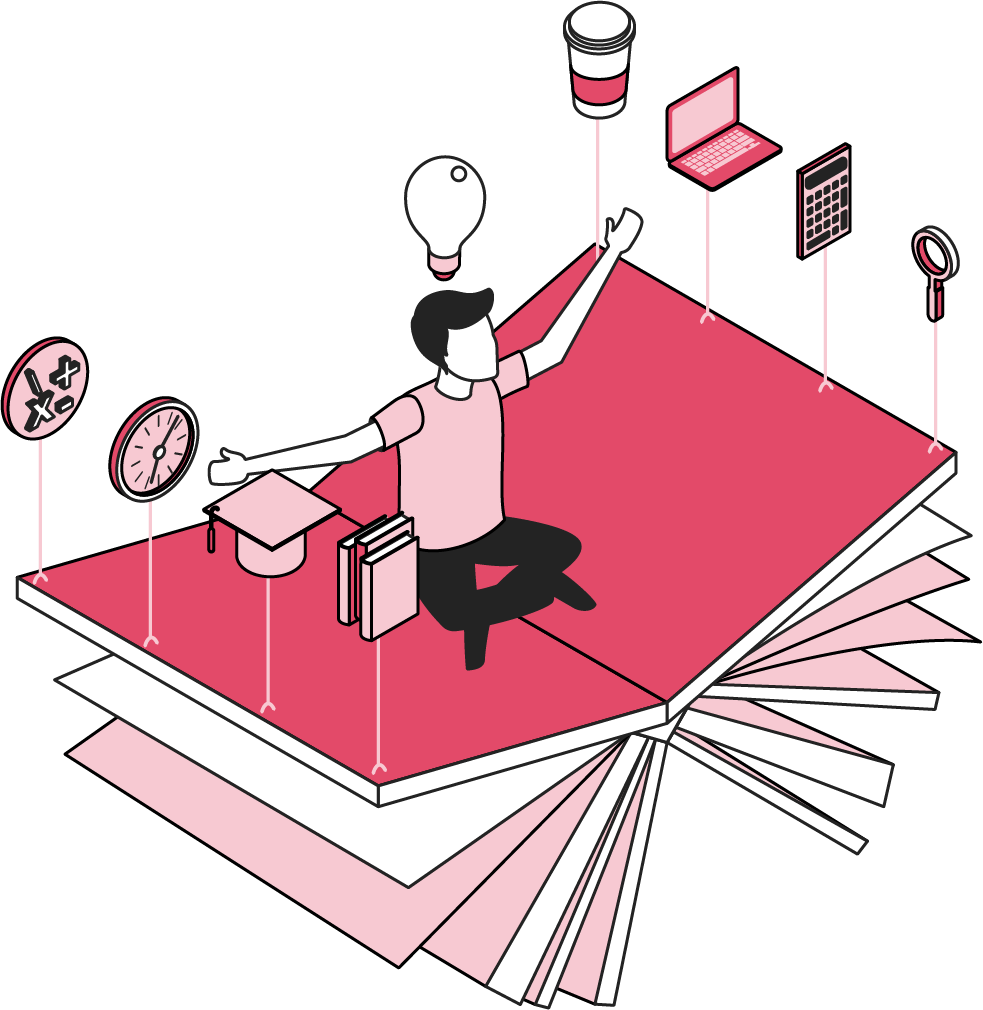
GLS Ultimate Guide To Legal Operations
Download this and read it thoroughly and regularly. It is a wonderful transformation companion.
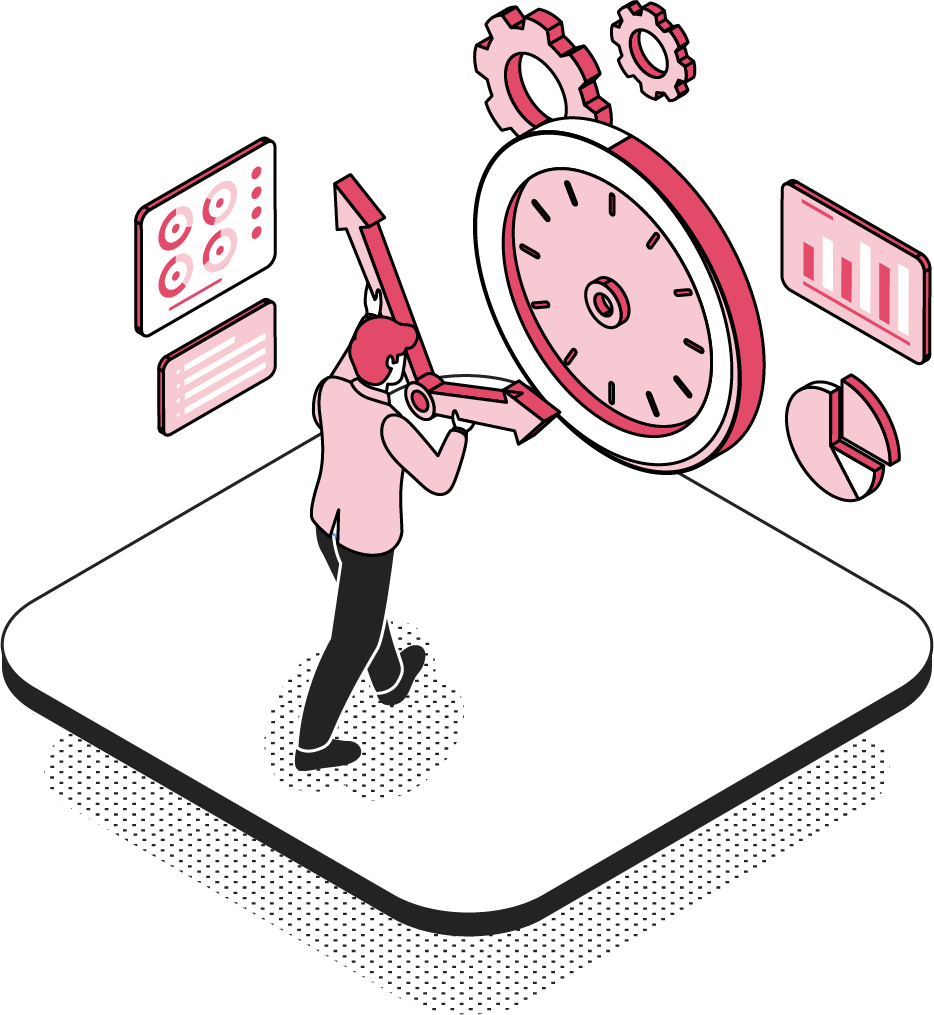
Book A No-Obligation Consultation
If you would like discuss your legal transformation needs, please book a 30 minute free consultation with us.
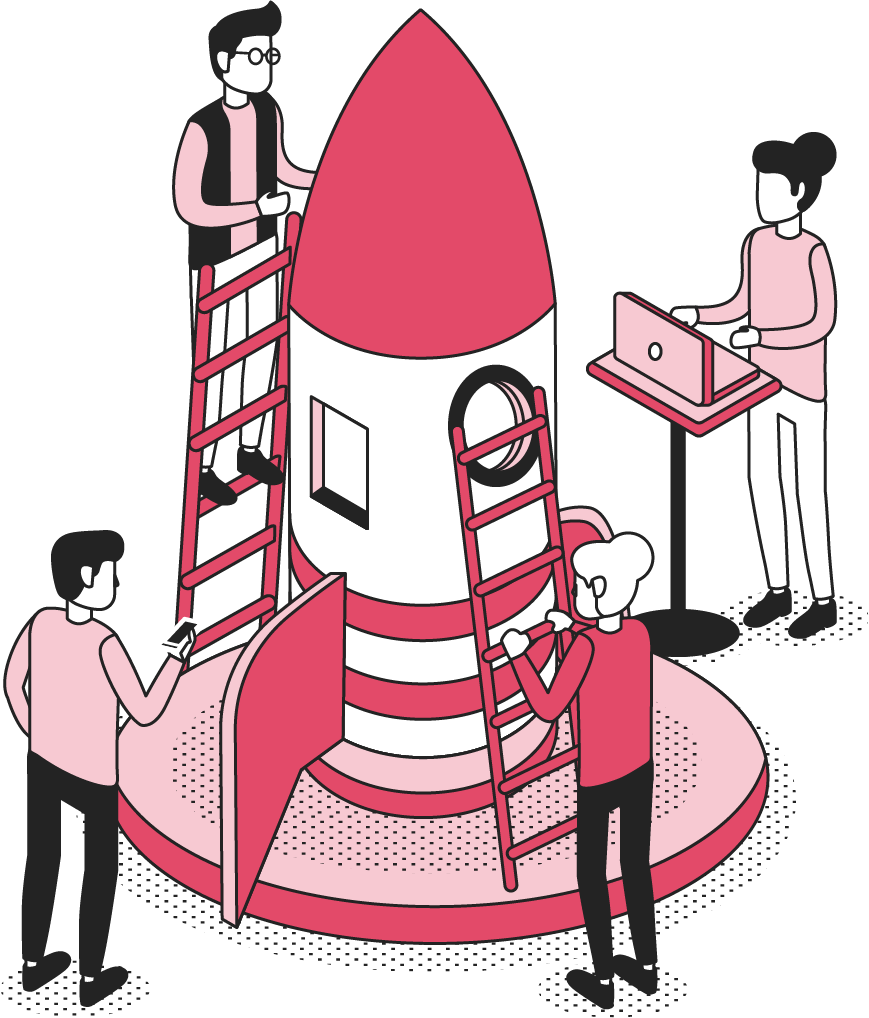
GLS Legal Transformation Boot Camp
Our hugely successful, 10-week long, email-based boot camp on how to effectively transform your legal team.
